Workplace communication is the exchange of information and ideas between individuals or groups within an organization. Effective workplace communication is essential for creating a positive and productive work environment, building strong relationships among team members, and achieving organizational goals.
There are many different types of workplace communication, including verbal communication (such as face-to-face conversations, phone calls, and video conferencing), written communication (such as emails, memos, and reports), and nonverbal communication (such as body language and facial expressions)
Should we communicate effectively in the workplace?
Effective communication is crucial in workplaces as it helps foster collaboration, understanding, and productivity among team members. Here are some key principles and strategies for effective workplace communication:
Clear and Concise Messages: When communicating, ensure your messages are clear, concise, and to the point. Use simple language and avoid jargon or technical terms that others may not understand. Be mindful of your tone and try to express yourself in a professional and respectful manner.
Active Listening: Listening is a fundamental aspect of effective communication. Pay attention to what others are saying, maintain eye contact, and avoid interrupting. Show that you are engaged by nodding, summarizing, or asking relevant questions. Active listening helps build rapport and understanding between colleagues.
Choose the Right Medium: Different communication channels are suitable for different purposes. Use email for formal documentation, instant messaging for quick questions or updates, and face-to-face or video meetings for complex discussions or brainstorming sessions. Select the appropriate medium to ensure your message is effectively delivered.
Nonverbal Communication: Nonverbal cues such as facial expressions, body language, and gestures play a significant role in communication. Be aware of your own nonverbal signals and try to interpret those of others. Maintain good posture, make eye contact, and use appropriate hand gestures to convey your message more effectively.
Feedback and Clarity: When receiving instructions or feedback, seek clarity to ensure you understand the expectations or suggestions. Ask questions to clarify any uncertainties and avoid making assumptions. Similarly, provide constructive feedback to others, focusing on specific behaviors or actions rather than personal attacks.
Cultural Sensitivity: In diverse workplaces, be mindful of cultural differences in communication styles and norms. Respect and adapt to different communication preferences, keeping in mind that individuals may have varied approaches to expressing themselves or interpreting messages.
Empathy and Emotional Intelligence: Understand and acknowledge the emotions of your colleagues, and respond with empathy. Emotional intelligence helps you navigate sensitive situations, resolve conflicts, and maintain positive working relationships. Cultivate self-awareness and practice empathy to foster a healthy and respectful work environment.
Written Communication Skills: Written communication is prevalent in the workplace, so it’s important to develop strong writing skills. Pay attention to grammar, spelling, and punctuation. Be clear and organized in your written correspondence, and proofread before sending any messages.
Time Management: Respect your colleagues’ time by being prompt and concise in your communication. Avoid unnecessary meetings or lengthy emails when a quick conversation or bullet points will suffice. Efficient communication shows respect for others’ schedules and helps everyone stay focused and productive.
Adaptability and Flexibility: Different situations and individuals may require different communication approaches. Be adaptable and flexible in your communication style to accommodate varying needs and preferences. Tailor your messages to suit the recipient and the context.
By practicing these principles and strategies, you can improve your communication skills in the workplace, build stronger relationships with colleagues, and contribute to a more collaborative and productive work environment.
Key tips to improve workplace communication
- Listening actively to others and seeking to understand their perspective
- Being clear and concise in your own communication
- Being respectful and professional in all interactions
- Choosing the appropriate method of communication for the situation
-
Providing feedback and addressing issues in a timely manner
By following these tips and focusing on effective communication, individuals and organizations can improve their relationships, increase productivity, and achieve their goals.


https://alientechnologyunveiled.blogspot.com
An impressive share! I’ve just forwarded this onto a coworker who has been conducting a little
research on this. And he actually bought me dinner simply because I
stumbled upon it for him… lol. So let me reword
this…. Thank YOU for the meal!! But yeah, thanks for
spending time to talk about this issue here on your web site.